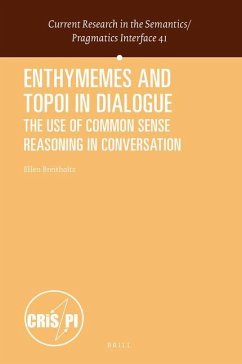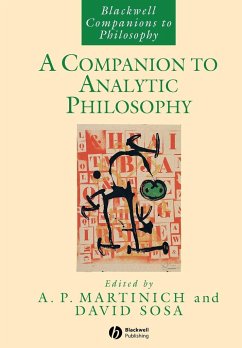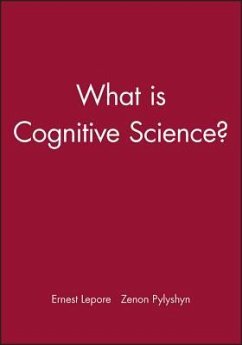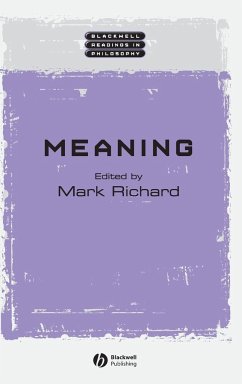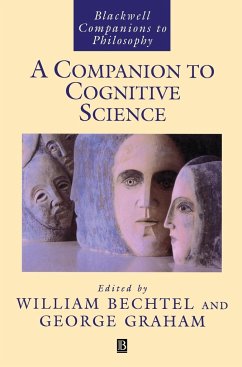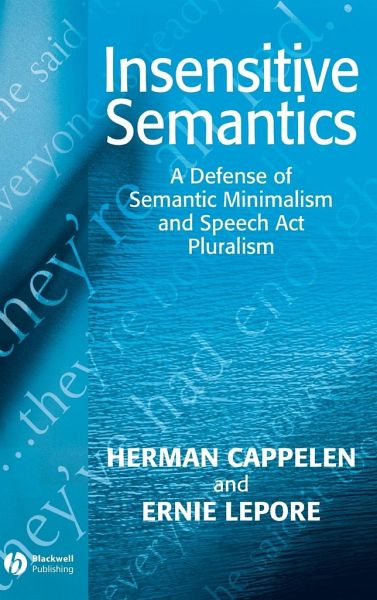
Insensitive Semantics
A Defense of Semantic Minimalism and Speech ACT Pluralism
Versandkostenfrei!
Versandfertig in über 4 Wochen
138,99 €
inkl. MwSt.
Weitere Ausgaben:

PAYBACK Punkte
69 °P sammeln!
Since the end of the nineteenth century, philosophy of language has been plagued by an extensive and notoriously confusing literature on how to draw the distinction between semantic and non-semantic content. This debate, at its deepest level, is about how to accommodate context sensitivity within a theory of human communication. Insensitive Semantics is a book about this debate, investigating the effects of context on communicative interaction and, as a corollary, what a context of utterance is and what it is to be in one. To this end, the authors defend a combination of two views: semantic mi...
Since the end of the nineteenth century, philosophy of language has been plagued by an extensive and notoriously confusing literature on how to draw the distinction between semantic and non-semantic content. This debate, at its deepest level, is about how to accommodate context sensitivity within a theory of human communication. Insensitive Semantics is a book about this debate, investigating the effects of context on communicative interaction and, as a corollary, what a context of utterance is and what it is to be in one. To this end, the authors defend a combination of two views: semantic minimalismandspeech act pluralism. If these views are right, then many philosophers and linguists are guilty of some profound mistakes, with wide-ranging implications for philosophy of language but also epistemology, metaphysics, moral philosophy, and other branches of pilosophy.






